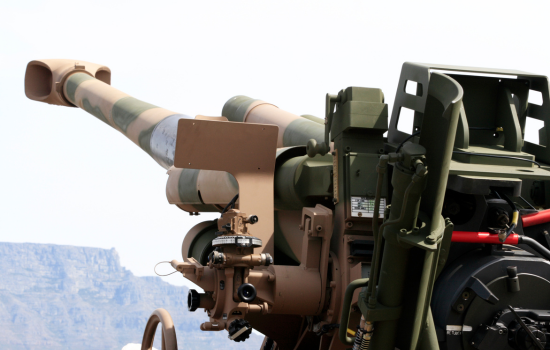ICT Global Terrorism Brief: Three Men Arrested with Plotting Suicide Attacks in Jordan – 13.7.2008
These men belong to the Takfir ideology. Qatanani adopted the ideology while serving time at the Jweideh prison and meeting other inmates with terrorist backgrounds.
Qatanani decided to launch a military operation with a car loaded with explosives against a police battalion near the prison. He changed his mind, however, due to the high security presence in the area and decided to attack a church instead.
Qatanani surveyed the church and even took pictures on his mobile phone of the site. The three suspects then carried out a test trial in the desert in May.
The suspects’ plan was discovered by police a few days later when they were stopped at a checkpoint. A police unit tried to pull Qatanani over for a routine inspection, but he refused to stop. After a short police chase, Qatanani’s car rolled over and he was immediately arrested. In his car, police found equipment which was to be used in the alleged suicide operation. Abu Arab was also arrested and a flammable substance was found in his possession.
Threat of Terrorism in Jordan
Al-Qaida in Iraq pose a big threat to both the U.S. and the Government of Jordan (GOJ) in the state of Jordan. Al-Qaida in Iraq claimed responsibility for the 9 Nov 05 bombings of three international hotels in Amman, which killed 60 people. They also claimed responsibility for the Aqaba rocket attacks on a U.S. naval ship on 19 Aug 05, which killed one Jordanian soldier and wounded another. In addition, Al-Qaida in Iraq’s leader, Abu Musab Al-Zarqawi, was blamed for the assassination of American Diplomat, Larry Foley, outside his Amman residence on 29 Oct 02.
Even with U.S.-Jordanian ties remaining close for almost 60 years Anti-American and anti-Western sentiment are strong in Jordan. This has been sparked by incidents in the region, particularly the Israeli/Palestinian conflict as well as the American presence in Iraq. A big problem with the terrorist activity in the area is that the activists do not distinguish between U.S. government personnel and private citizens. Instead of targeting only embassies or army personnel, they target areas frequented by Westerners, such as tourist sites, hotels, restaurants, bars, nightclubs, shopping malls, places of worship, transportation hubs, residential areas and schools. This has lead to random acts of violence against Westerners such as the gunfire on 4 Sep 06 at a popular tourist site in central Amman, which killed one and injured six.
Jordan and the War on Terror
In addition, the people of Jordan have shifted their opinions on extremism. In a public poll taken by the Pew Research Center Global Attitudes in 2007, only a fifth of the respondents expressed confidence in Osama bin Laden, down from 56 percent four years earlier. Also, fewer than a quarter of the respondents viewed suicide bombing as justified, which was down from 57 percent in 2005. This recent change came from the worry of local terrorist attacks, and concerns went from 15 percent of respondents to 42 percent since 2002.
Sources:
1. Deutsche Presse, “Jordan charges three men with plotting suicide attacks”. 27 Jun 08.
2. Jordan Times, “Three men charged with plotting suicide attacks”. 28 Jun 08.
3. U.S.A. Travel Website, “Jordan”. 27 Mar 08.
4. U.S. Department of State, “State Profile: Jordan”. Mar 08.
5. Office of the Coordinator for Counterterrorism, “Country Reports on Terrorism.” 30 Apr 08.






